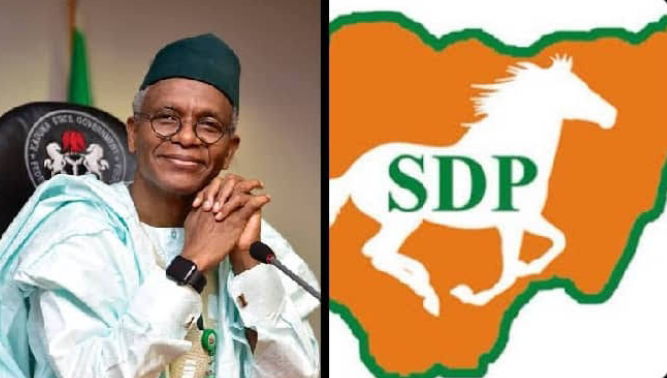CBN’s ‘flexible’ exchange rate regime threatened
Published on 2016 July 20, Wednesday Back to articles
Despite allowing the naira to float, the Central Bank of Nigeria (CBN) is yet to see the expected inflow of dollars that is needed to make the policy work. The CBN, since opening the new foreign exchange market on 20 June, has remained the main supplier of dollars into the market and still provides more than 90% of all dollars traded in the interbank market. This is already putting a significant pressure on the country’s external reserves.
Sources have told Nigeria Politics & Security that there is already a buildup of unmet dollar demand due to the CBN’s inability to meet all the requests. When the CBN introduced the new flexible regime on 20 June, it first cleared unmet dollar demand to the tune of US$4 billion, by selling a future contracts staggered over three months. But sources say the CBN’s inability to meet total demand in the interbank market is already resulting in the pile up of unmet requests to the US$4 billion level again. The strain is seen in the weakening of the dollar in the black market to about N365 to the US$.
Foreign investors are reportedly reluctant to invest in the Nigerian market because they feel that the CBN is still tightly trying to control the exchange rate, despite the announced float. With a true float, financial analysts expect the naira to weaken to well below N300 to the US$ in the interbank market. Faced by the increasing pressure, the CBN allowed the naira to weaken to as low as N295 on 15 July, before its intervention strengthened the currency to close trading at N290 to the US$.
Our sources at the CBN say that their concern on allowing a true float of the naira, considering the current uncertainty in global markets over Brexit. It is therefore difficult to determine how low the naira can go to reclaim lost capital inflows. Godwin Emefiele, the CBN governor, is said to have travelled to see investors on 15 July in a bid to convince them to return to the Nigerian market. But investors are said to be still quite sceptical due to the significant slowdown in economic growth in the country and requested that the apex bank allow a proper float of the naira.
Already, the International Monetary Fund (IMF) is forecasting that the economy will most likely contract this year, while financial analysts are telling the international financial media that they are not hearing enough from the government on what it intends to do to reverse the expected slowdown.
Buhari remains accused of not having been able articulate a clear economic direction for the country, more than a year after being sworn into office. His focus has been on fighting corruption but little has been said on improving the economic environment to drive growth. The impact has been a significant slowdown in business activities in all sectors of the economy, made worse by the sharp decline in revenues accruing to the government amidst rising unemployment and inflation, with data from the National Bureau of Statistic (NBS) released 18 July showing June inflation figures rising to 16.5%, from 15.6% in May.



